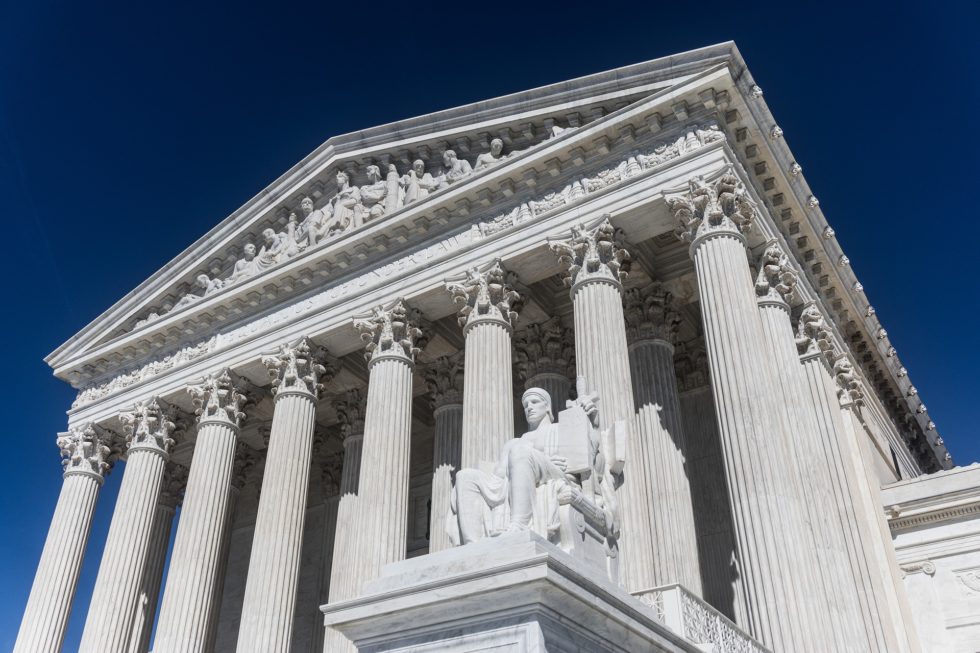Join Our Telegram channel to stay up to date on breaking news coverage
The United States Supreme Court has intervened to curtail some of the powers that the top financial regulators will be able to exercise concerning crypto firms. Earlier this week, the apex court ruled that the Securities and Exchange Commission (SEC) should not impose fines above a certain threshold for companies in the blockchain space.
Disgorgements Won’t Exceed the Original Loot
The ruling came in the case of Liu vs. SEC. According to a summary of the case, the Supreme Court ruled that the SEC won’t be able to impose fines – also known as disgorgements – that go beyond the profits that the firms make from illicit activities.
The decision concerned an appeal by Charles Liu and Xin Wang, a California-based couple that has been in a legal battle with the regulator since 2016. At the time, the SEC sued the couple in federal court, although the case was eventually sent to lower courts to resolve other legal issues.
Per the case files, the SEC ordered Liu and Wang to disgorge almost $27 million after it accused them of duping foreign investors. The couple had allegedly told investors that they would build a cancer treatment center, but pocketed the funds.
The Supreme Court also confirmed that any penalties would only be awarded “for the benefit of victims,” instead of punitive damages. The Court’s ruling applies to all defendants, regardless of whether they’re in the crypto space or not. However, the SEC has been especially tough on firms in the industry, making this a significant win.
Justice Sonia Sotomayor anchored the decision, and it passed after an 8-1 vote. The lone dissenter was conservative Justice Clarence Thomas, who claimed that disgorgement wasn’t an authorized remedy.
How the Fine Works
Over the past year, the SEC has reportedly collected $1.5 billion in disgorgements and penalties, while investors of these fraudulent operations got $1.2 billion. Liu and Wang had argued that Congress never authorized the regulator to seek disgorgement, and that it is an unruly punishment.
In terms of crypto crime, the SEC has developed a reputation for being quite tough. Apart from stifling the growth of several exciting Initial Coin Offerings (ICOs) and several crypto-based investment opportunities, it has taken a hard-line approach to police fraudulent entities in the industry too.
In April, the agency charged a Houston-based pastor and his wife for having defrauded their members to the tune of $500,000. The pair allegedly ran several fraudulent businesses, including a crypto offering that they claimed was backed by a bottled water business.
The agency eventually sought fines matching the amount raised, as well as civil penalties and interest. This would have exceeded the original amount that they stole.
However, the recent ruling changes that. Essentially, the SEC wouldn’t be able to impose a fine exceeding $500,000 on the couple. The funds would then go to the investors that they defrauded. Also, if the couple had used some of the money to provide water, the funds would be deducted from the total after the SEC arrives at an appropriate fine.
Join Our Telegram channel to stay up to date on breaking news coverage


